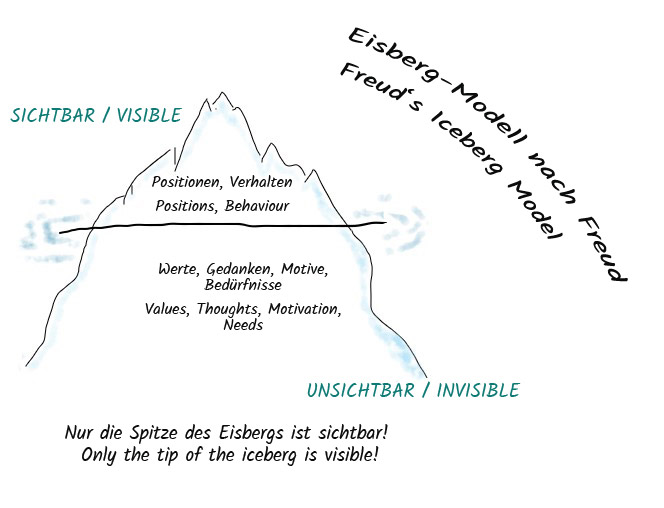 Lesson 2
Lesson 2
Environmental Psychological Theories on Dealing With Wild Animals
We see wild animals from very different angles (Jochum 2013, Bruskotter and Wilson 2013). What we think and feel depends on:
Our attitude (values and norms)
- Our knowledge
- Our emotions (anger, sympathy, admiration)
- Our risk assessment (defensive wild animals are often perceived as uncontrollable and as an involuntary risk - the opposite of when we choose to drive or fly, for example)
- Our perceived sense of control (whether we dare to protect ourselves from the wild animal plays a role here: Am I in a position to secure my livestock, e.g. do I have the time and financial means?)
- Our perceived barriers (obstacles to the protection of wild animals)
- The profit/benefit of an animal species (ecological, economic, social).
In addition, the socio-economic background of people is important for how wildlife is perceived:
- Social background (e.g. level of education)
- Economic background (e.g. profession)
- Political background (e.g. membership of a political party)
- Cultural background (e.g. origin).
Short examples from literature:
The rural population, which is more affected by conflicts with wildlife than the urban population, is more in favour of population regulation (Andersone and Ozolins 2004).
When large predators return to regions where they have been absent for a long time, the shepherding and grazing systems developed in recent decades face a challenge. They often cannot protect livestock from being attacked by predators. Although state compensatory measures and subsidies help soften the consequences, livestock owners often find the additional workload and the social and psychological burden unbearable (Wilson 2016).

Task
|
Look at the "Species" tab on the EDU-Wildlife website and learn about the animals' way of life and the relationship between predator and human and predator and livestock. Find an example of a human-wildlife conflict in a country in the Global South. Conduct a thought experiment: Consider how this conflict is perceived here in Germany. With regard to the previously considered influencing factors that determine our actions: What could be the difference in views (max. 500 words)? |










